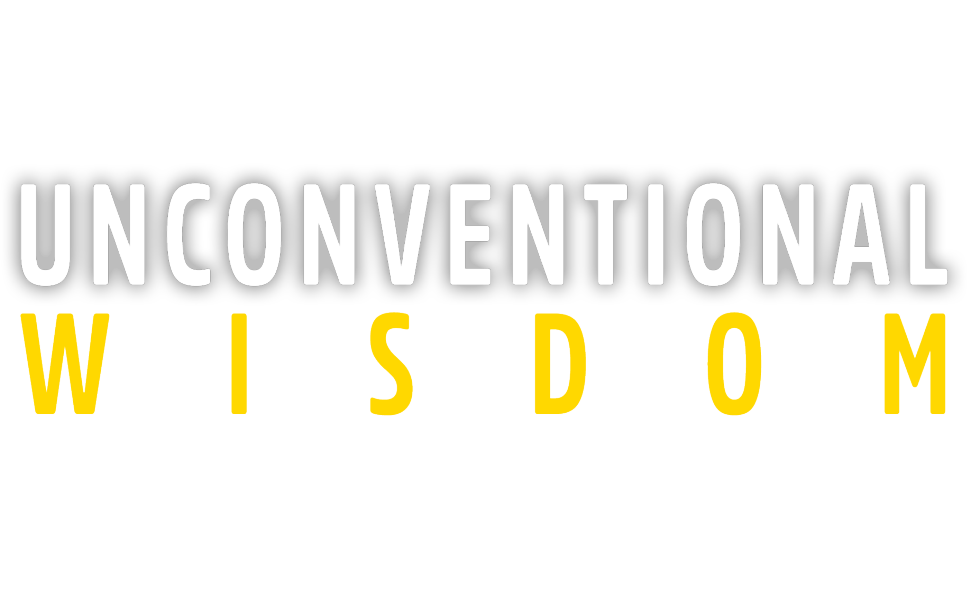

The cool air wafts gently around the rockshelter, its walls releasing fine grit on the fingers when touched lightly. This place is witness to thousands of years of talking and stories, meetings and mentoring. Its surface bears the signs of a culture, ancient tattoos drawn with pigment added over millennia. The stories of vital and alive Aboriginal cultures are seemingly borne by the rock face with quiet defiant pride. Yura Malka. Aboriginal Markings.
Jacinta Koolmatrie wants us to think unconventionally.
“Archaeology is about looking and touching. Thinking about the marks that people made as much as what the marks mean. Unlike history that can only be imagined, this history is alive. It’s history that you can see and touch.
“Archaeology has always been about the past while anthropology is about the living. The situation is different when you talk to Indigenous peoples from different cultures across the world because we are so closely linked to our ancestors and the culture of our ancestors.
“I want people to think of archeology as being created in the past, but having relevance and connections to people today. Not just a field that sees the past as informing us about some mysterious culture”.
Jacinta is an Adnyamathanha and Ngarrindjeri person, (Adnyamathanha hail from the Flinders Ranges, Ngarrindjeri from The Coorong), who wants to reshape the way we appreciate the history of Australia through a re-examination of rock face drawings (yura malka). Central to this is thinking of what is usually referred to as ‘rock art’ is a reimaging of time, people and place. Aboriginal markings do more than describe events or places. They are part of a system of complex signs that map a cultural landscape.
“Archaeology sometimes forgets it's talking about people who are still connected to these places. I’m interested in studying yura malka in a way that includes Indigenous knowledge by looking at the whole landscape.
“It’s a one site, whole of landscape approach.”
At the heart of Jacinta’s research is wisdom.
“In my research I work closely with my people’s Elders. They are the most important aspect. Since beginning my degree, I knew I wanted to work with my Adnyamathanha community – and now I get to do so through incorporating our perspectives of yura malka within my research.”
Now in the final year of her Masters in Archaeology and Heritage Management, Jacinta’s accomplishments are steadily growing having won the Ken Wanganeen Medal. Eponymously named after the first Indigenous honours graduate of Flinders University, the award is made to the Indigenous student with the highest Grade Point Average in the final two years of their undergraduate degree. A cadetship with the South Australian Museum is Jacinta’s latest achievement.
“Being able to do these things for my people is what has made it all worth it”.
In speaking about her work Jacinta’s drive to change conventional notions of the past is described with a quiet clarity.
“I want to change the way people think about Indigenous people by showing that our knowledge has a place in this world”.
With respect for people, place and an unconventional wisdom.

At Flinders University, we recognise that careers are evolving and the workplace of the future will look very different from today.
Our new suite of innovation and enterprise electives and courses prepare you for the careers of tomorrow by developing what we like to call ‘personal enterprise skills’ – the innate ability to adapt to whatever life throws at you, professionally and personally.
Whatever undergraduate course you are studying at Flinders you can add innovation and enterprise electives to your degree to gain new, adaptable and transferrable skills that will equip you for changes in the global job market. Or you can choose a course to specialise in innovation and enterprise.
Whichever option you choose, you’ll be career-ready and empowered to make your mark on the world.



